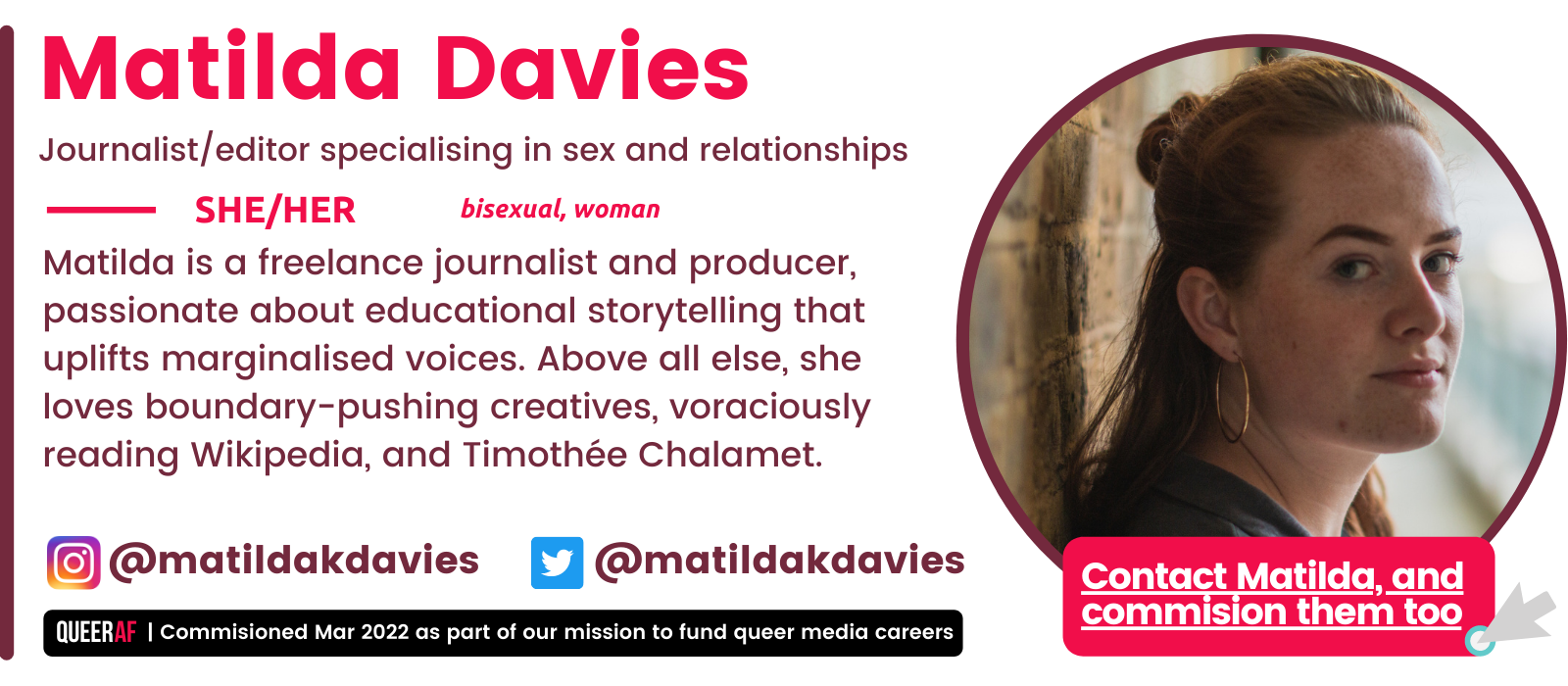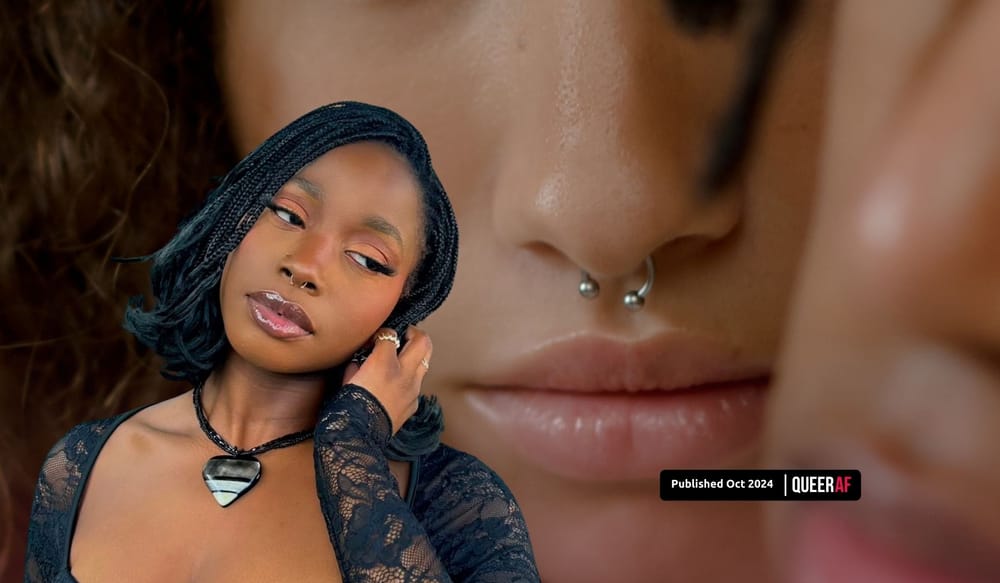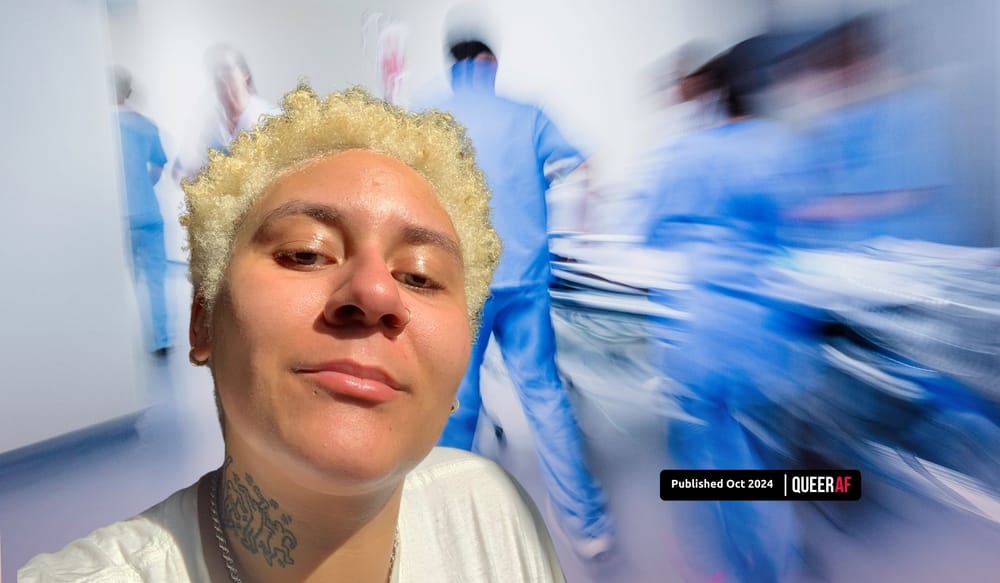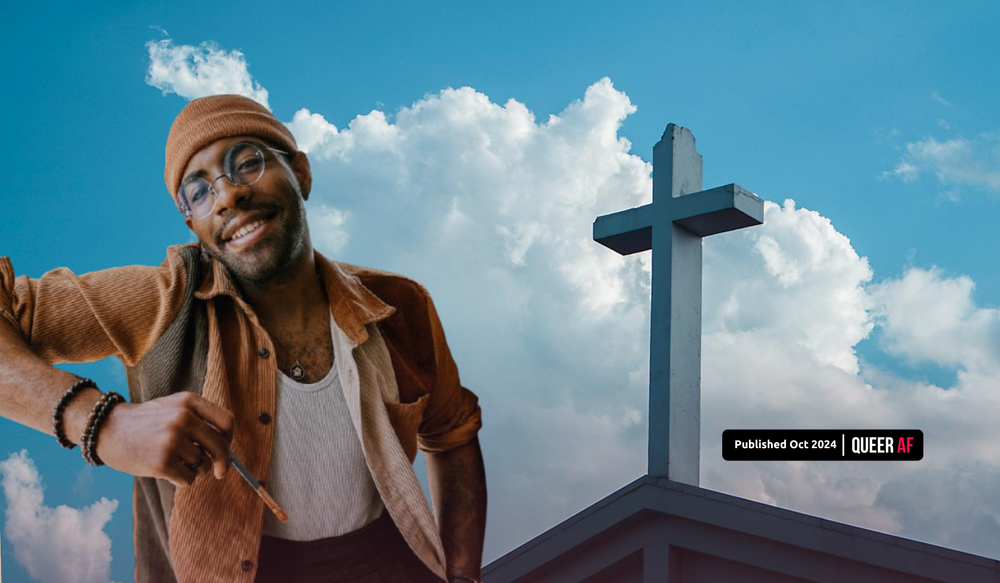
This week, culture writer Jason Okundaye caused quite the stir on Instagram with his Gawker essay: “The Narcissism of Queer Influencer Activists.”
I’d highly recommend reading it. But for those who haven’t, the TLDR is that some LGBTQIA+ activists online create overly simplistic, trite infographics that are at best reductive and at worst untrue. Some do it to gain fame.
Like much of the social media h̶e̶l̶l̶s̶c̶a̶p̶e̶ landscape, it’s nuanced.
I follow many of these influencers: basic infographics, pithy clap backs, and rainbow colours. While their hot takes aren’t groundbreaking, they bring me joy and inject some queerness into my feed, which we all need sometimes.
Of course, many are doing it for clicks (read: money), that’s their job. But people flock to them because they do seem to authentically care. And of course, many of them really do care.
Even so, most issues have more complexity and nuance than can be explored in 10 image slides. In most cases, their content isn’t untrue - it’s just not the whole truth.
Queer influencers speak about queer issues, by definition. But most queer issues aren’t just queer issues. It’s important to talk about the trans people struggling in the war in Ukraine, but it’s also important to talk about the incidents of racism, classism, toxic masculinity and Eurocentrism happening in the region.
In appealing to the whole LGBTQIA+ community, influencers will often speak on things that they haven’t experienced or aren’t an expert in. But this is something we’re all guilty of - especially in media.
White influencers commonly either discuss racial issues, or worse, ignore the racial issues inherent in the topics they’re covering. The same goes for any influencer speaking about (or forgetting about) experiences and identities that aren’t their own.
By all means, consume their content, support them and use their infographics as a jumping-off point to learn more. But remember, their take might not always be the full story.
Okundaye’s ultimate advice is that we should all make the effort to seek out credible sources (including those across the political divide) and experts.
We’re all guilty of sharing content because it sounds true, without checking if it is. We all want to amplify other voices. But sharing untruths or half-truths undermines the issues actually affecting the LGBTQIA+ community.
We don't need to stop sharing content from credible sources, or information you’ve fact-checked. But perhaps let's also amplify the people in our community telling their own stories too.
Crucially, don’t share for followers or fame. Do it because our stories matter.
This article was just one part of our weekly newsletter that summarises, understands and explains the queer news of the week:

We are an independent platform launching the careers of emerging and LGBTQIA+ creatives driven by people, not advertisers.
The Queer Gaze is our landmark scheme commissioning, mentoring and running skill sessions with queer writers.
We rely on members like Steve Parkinson who directly funded this piece. Steve let us know they hoped we'd use their membership to tackle topical, current LGBTQIA+ issues.
It was produced by queer creative Matilda Davies, who helped create this scheme. You can support them and other underrepresented LGBTQIA+ creatives now.
Join Steve. Become a QueerAF member to directly fund more Matilda's incredible storytelling - and see your name here.











